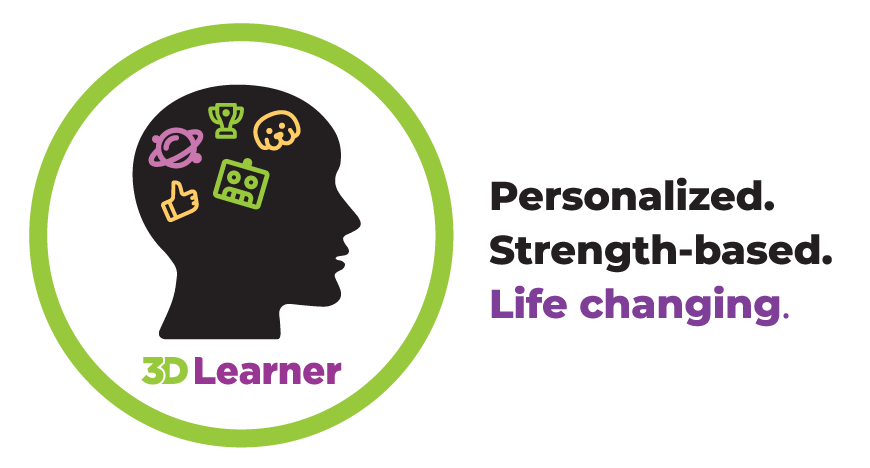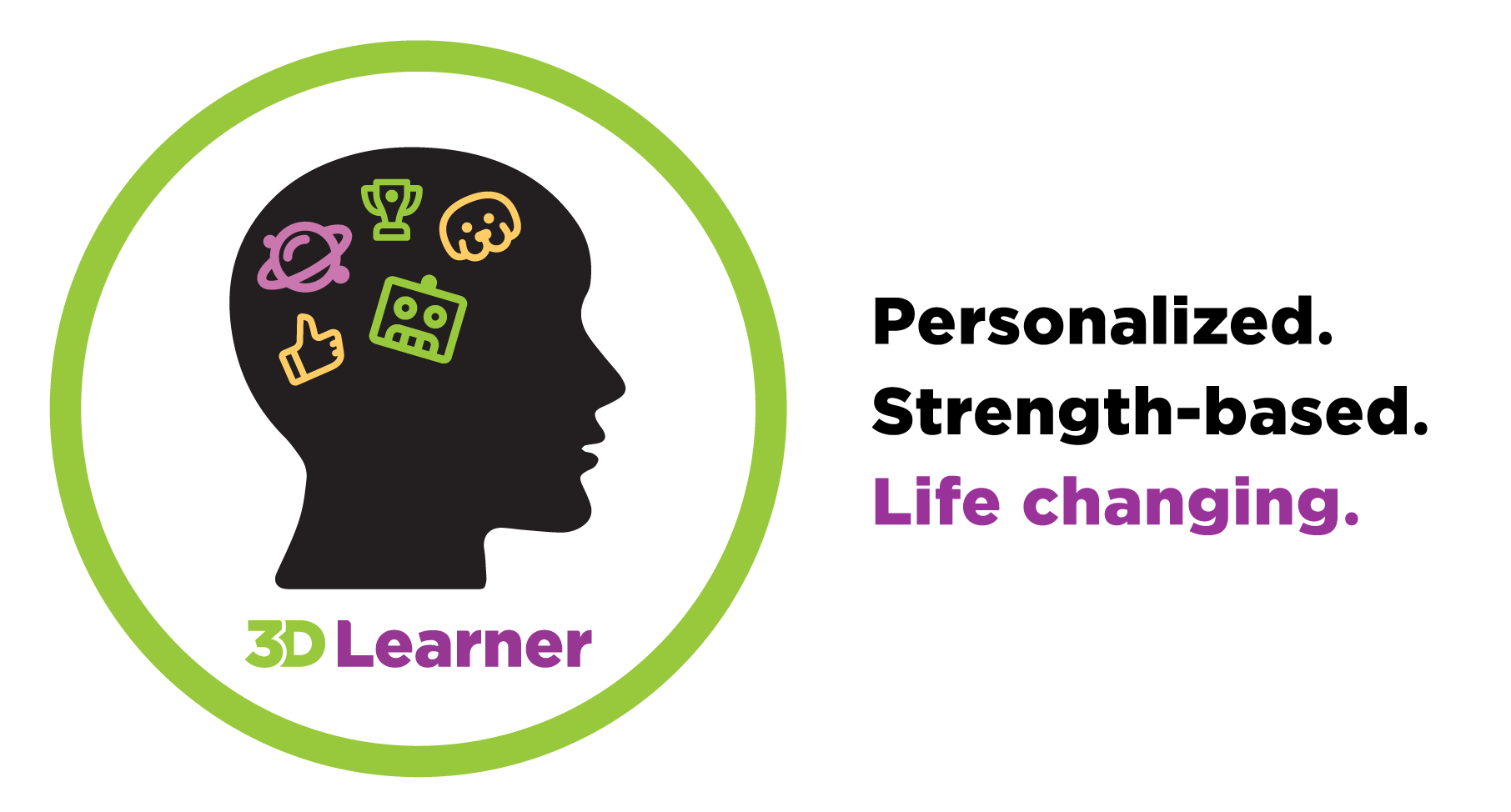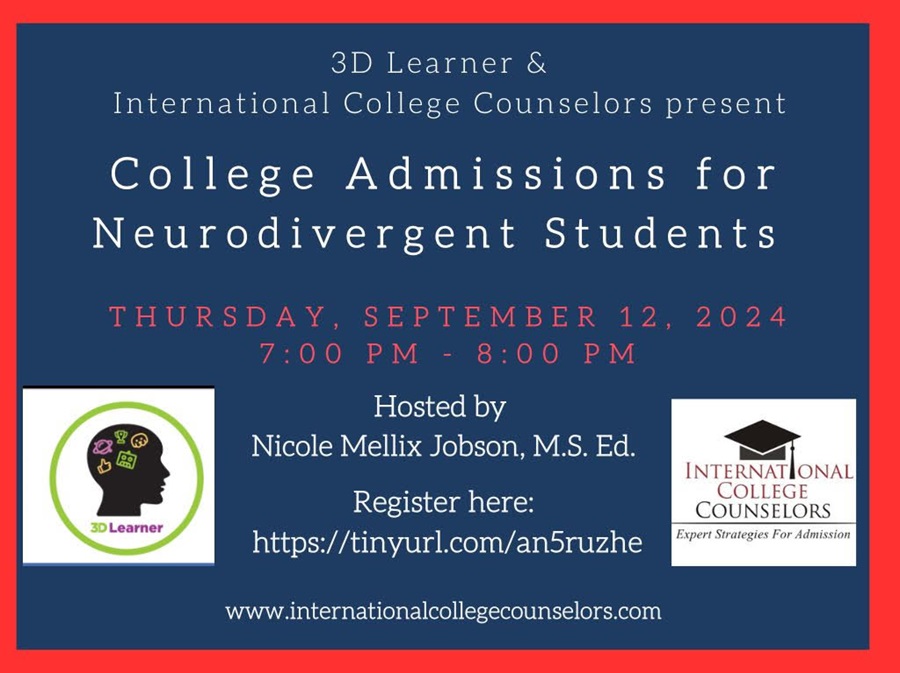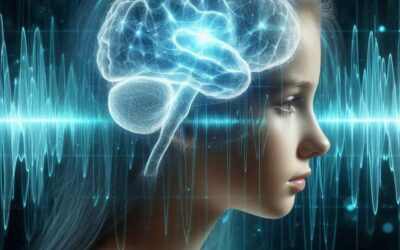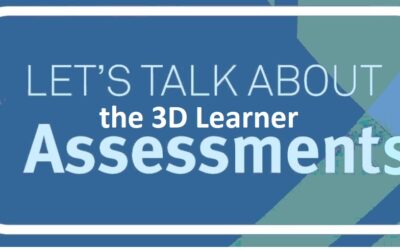At 3D Learner, we address parents’ concern on how to improve SAT Scores. For years, we have worked with International College Counselors, a highly reputable and experienced company that has helped thousands of students to plan for and be admitted into the just right college or university.
On Thursday evening, September 12th, we will be part of a webinar hosted by Nicole Jobson, a longtime member of the International College Counselors team.
Click here to register for the event.
Nicole will:
- Provide college preparation, selection, and application strategies which address the unique needs of neurodivergent students.
- Offer insight on how to balance a competitive application process with compassion, while meeting the student’s specific needs.
- Ease the anxiety often faced by families during the college application process by equipping them with practical tools and resources specifically designed for neurodivergent applicants.
We will be addressing how to improve SAT scores, and how to improve reading comprehension and GPAs for:
- The bright right brain, neurodivergent learner who needs to improve their reading comprehension, attention and other issues to improve SAT scores. We define a right brain neurodivergent learner as one who learns best when they see and experience information.
- The motivated student who wants to know how to improve SAT scores to get into a better college and/or to earn a scholarship — like Florida’s Bright Futures Scholarship
- How increased SAT scores can help a student in Florida earn scholarships that may be worth $20,000 to $30,000
Help your child to get into a better college and to be far better prepared to succeed in college.
The Digital SAT was introduced in March 2024. The new Digital SAT was hard for all students. For right brain neurodivergent learners, the Digital SAT was even harder. While the new digital app worked well, there were several comments that were shared by a number of students we have spoken with:
- The math section of the Digital SAT was very hard, with a number of new and different types of questions.
- The reading section was different – with a number of new questions on punctuation, “dependent” and “independent“ clauses and many questions that required inference skills.
- Overall, the SAT scores were close to historical levels, since the test was curved to do that.
The bad news is that those who struggled with the new format did much worse.
A positive note is that once a student learns how to solve the problems, they can see significantly improved SAT scores. It’s about learning new skills, looking for the tricks and finding patterns!
We have been helping students improve SAT scores for many years. What we have found is that many students struggle and:
- Lose focus during the test
- Read slowly and have problems with vocabulary and reading comprehension
- Struggle with the SAT because the questions are tricky. It is not straight forward, so being able to understand multiple meaning words is vital
3D Learner has a unique approach, where we can help a student:
- Improve their attention. This helps them to score better and do better in school and athletics
- Increase their vocabulary, reading speed and reading comprehension
- Then work on improving reading and math SAT Scores
- Show the student even more effective ways to solve the problems
- Increase their test scores, often by a significant amount
Advice to All Parents
- If your child complained about the March 2024 or June Digital SAT test — listen and respect their frustration. As with any new test, change is hard.
- If you are using books from before 2024, get new books. The questions are quite different. We use two 2025 Princeton Review Books for the Digital SAT 2025. Here are the books and a link to Amazon for each one:
- Practice with the new questions can be very helpful. We recommend you consider:
- Working with a professional who has had experience with these tests
- Having your child practice more than normal
- Be prepared to have your child take the test more than once
- Set goals with your child. This is especially true for students who want to get into a top flight school or one who wants to earn a scholarship
For example, in Florida, a student needs a 1210 combined SAT to qualify for the Bright Futures Scholarship that might be worth $20,000 over 4 years, and a 1340 combined SAT score to earn a Bright Futures Scholarship that might be worth close to $30,000 over 4 years.
We had a rising senior who needed to get a 3.6 GPA and a 1210 on his SAT to qualify for the Bright Futures Scholarship. This was a challenge given his cumulative GPA was 2.8 and his initial SAT scores were 1010. With our help and the motivation provided by the scholarship, he got a 3.75 GPA and a 1220 on his SAT score. Motivation matters.
Have your child set goals, track their progress and reward their gains.
Advice to Parents to Improve SAT Scores and Get Into the Best College for Them
- Work with professionals whose expertise is helping kids like yours get into the best possible schools. International College Counselors helps both:
- Neurodivergent learners get into a school that meets their needs
- Neurotypical students get into top universities
- Do all of the above and consider working with someone who understands your child’s specific strengths and challenges and can help them succeed. These might include:
- We have a number of students who lose focus during the test, and this happens elsewhere. At 3D Learner, we use the Interactive Metronome ® to improve attention. It also:
- Improves reading fluency by one grade level
- Improves math fluency by two grade levels
- Improves sports and related skills
- Creates new neural pathways that appear to be permanent
- We have a number of students who lose focus during the test, and this happens elsewhere. At 3D Learner, we use the Interactive Metronome ® to improve attention. It also:
- Improving vocabulary, reading speed and reading comprehension
- The wording is different, and it helps to have someone who can explain things in a hands-on visual approach, that will allow your child to understand the concept
- Reading speed is often a challenge for the right brain neurodivergent learner. We have been able to significantly increase a student’s reading speed, while also improving their reading comprehension
We had a student who read at 125 words per minute and could not complete the test. With training, he increased his reading speed to 300 words per minute, while improving his reading comprehension 2 grade levels. His reading SAT score increased by 140 points.
- Reading comprehension is an issue for two different groups:
- When reading comprehension is well below grade level, getting a good SAT score can be very difficult. When one improves reading comprehension by 2 or 3 grade levels, GPAs and SAT scores both improve
- When a student wants to get into a really competitive school, improving reading speed, reading comprehension and vocabulary combined with SAT Prep can result in a significant improvement in their SAT score
- Finding someone who can show them an even easier way to solve the problems and who share it in a way that your child will accept their advice
- Having someone who can explain the new grammar questions and how to address them
- Having the availability to schedule extra sessions to help your child adjust and master the necessary skills. All of this training is done remotely-
- Be flexible and consider having your child take the test more than once, with enough time in between to significantly improve their results
Due to the significant changes in the Digital SAT, we expect those students who get the right help and practice enough, to see even greater benefits than normally. For a right brain neurodivergent learner, the new Digital SAT presents both significant risks and opportunities.
If you would like to discuss your child’s unique situation and explore how to improve SAT scores, please
call us at 561-361-7495 in Florida or
at 919-371-5295 in North Carolina.
For personalized guidance on the college preparation, selection, and application process for your child, please contact Nicole Jobson, MS. Ed. at 954-414-9986 (office) or 954-288-4496 (cell).
